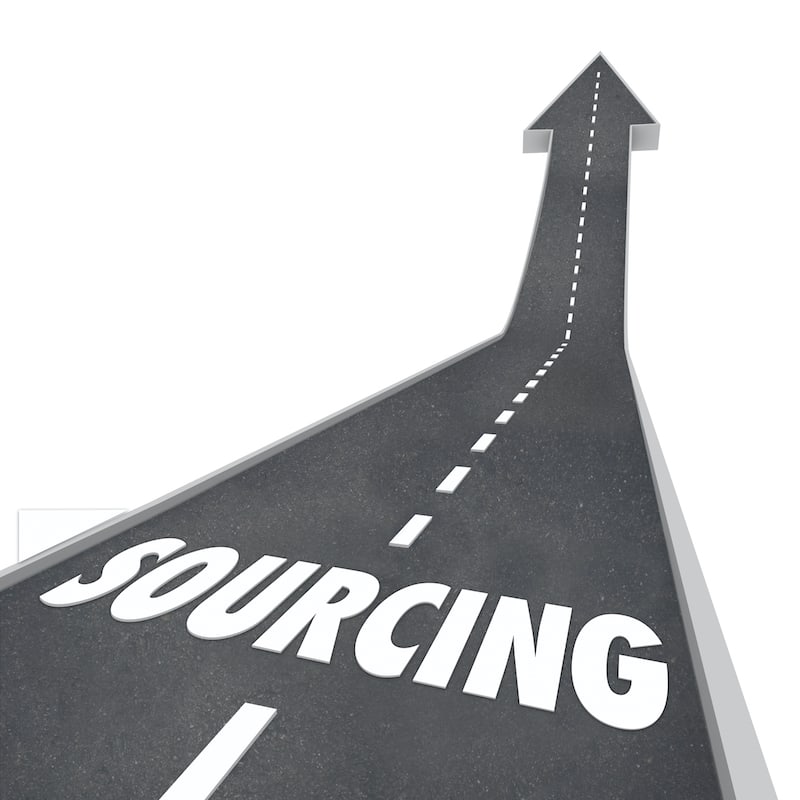Do you find yourself spending a crazy amount of time trying to find those unusual ingredients you need for your innovative menu items? Are you frustrated that as soon as you find a source it dries up or becomes prohibitively expensive? You may have considered outsourcing this task, but are confused about what type of business to work with, a food broker or a food distributor. We understand the terms are somewhat similar, but there’s a distinct difference between these two types of food companies.
What is a food ingredient broker?
A food ingredient broker works directly with a number of food brands, farms, and manufacturers to connect their products with restaurants, chefs, grocery stores, and other retail outlets. Many of the companies and farms that work with brokers are relatively small and offer ingredients you might not find from a large food distributor. Some brokers specialize in a particular type of food; others are more diversified. Unlike distributors, brokers don’t usually warehouse products. Instead, they facilitate the connection between the food producer and the restaurant or other purchaser. They generally charge a fee to the food producer for their services. Some advantages of using a food broker include being able to use the broker’s many industry connections to source difficult-to-find ingredients and saving time you’d usually spend on researching food sources and making food purchases.
What is a food distributor?
The big difference between a food distributor and a food broker is that the distributor purchases the food products from the farm or manufacturer upfront and then sells them to restaurants, grocery stores, and other retailers. Since food distributors invest in inventory and then sell it to customers, they are generally less likely to stock more usual, less commonly-used ingredients, such as organic items and those from overseas. Some advantages of using a food distributor include being able to take advantage of cost savings associated with the distributor’s large purchasing power. For chefs, restaurant owners, and kitchen managers, finding the menu ingredients you need for the right price can be a challenge. While both can help you outsource your food purchasing and free up time for you to spend cooking and interacting with your guests, knowing when to use a food ingredient broker and when a food distributor might be a better choice can help you obtain reliable, affordable sources of all the food you need.

One thought on “What is the difference between a food ingredient broker and a distributor?”
Comments are closed.